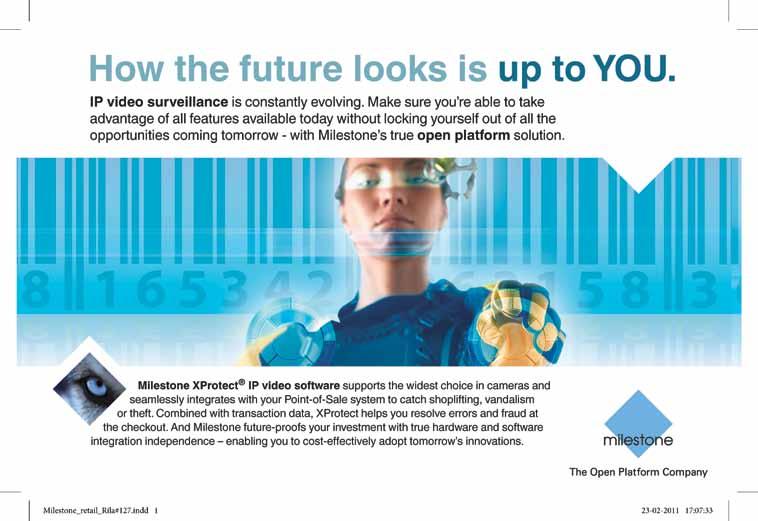interviewing by David E. Zulawski, CFI, CFE and Shane G. Sturman, CFI, CPP
The History of Interrogation According to W-Z: The Future W
e have undoubtedly taken some historical liberties with our discussions in the last two columns about the history of interrogation, so we continue the folly by predicting the future of it as well. With the smudges wiped from our crystal ball, we will gaze forward through the foggy mists of time and divine the future…pet rock…brick phones…gold at $600! Ah, here we go.
Changing Regulations
Interviewing and interrogation will be under attack in the next decade by a host of critics attempting to force changes that fit their agendas. This is a similar pattern to the way the polygraph was attacked in the late 1970s and ‘80s. It began with academics criticizing the validity and scientific basis for the polygraph. They were then joined by unions who strongly opposed the use of the polygraph in an employment environment. The cause was then picked up by partisan politics, which ended up passing The Employee Polygraph Protection Act that largely prohibited pre-employment and periodic polygraph testing by private companies. Although some entities, such as the federal government, police departments, armored car services, and nuclear facilities, were exempt, most of the pre-employment and periodic polygraph testing by companies was prohibited. Even specific issue testing was highly restricted by the Polygraph Protection Act. It is unlikely the interviewing process will be restricted by the passage of a law through Congress since the private sector is highly organized through its lobbyists in the National Retail Federation, Retail Industry Leaders Association, and others. It is much more likely that any restrictions to employer interviews will come as part of regulations put out by the Department of Labor or other government entities. For example, the U.S. Department of Education has recently altered guidelines for how colleges and universities should react to sexual assaults on campus. The institutions have now been ordered to consider sexual-assault allegations under the civil standard of evidence, rather than the clear-and-convincing standard now used. This moves the guilty finding to a “preponderance of evidence” required in a civil lawsuit, 51
14
Zulawski and Sturman are executives in the investigative and training firm of Wicklander-Zulawski & Associates (www.w-z.com). Zulawski is a senior partner and Sturman is president. Sturman is also a member of ASIS International’s Retail Loss Prevention Council. They can be reached at 800-222-7789 or via email at dzulawski@w-z.com and ssturman@w-z.com. © 2011 Wicklander-Zulawski & Associates, Inc.
percent, versus the “clear-and-convincing standard” of 80 percent, or the criminal requirement of “beyond a reasonable doubt.” The preponderance of evidence has already resulted in a miscarriage of justice in South Dakota where a young male college student was accused of a sexual assault by a female coed. Using the preponderance-of-evidence reasoning, he was found guilty and banned from campus. During the independent police investigation, the female coed was found to have lied, and the male student was exonerated. However, the university has yet to rescind its finding and reinstate the male student. Effectively, the Department of Education’s change of guidelines has modified the standard of proof, placing the burden on the accused while giving the accuser an unfair advantage.
Interviewing and interrogation will be under attack in the next decade by a host of critics attempting to force changes that fit their agenda. This is a similar pattern to the way the polygraph was attacked in the late 1970s and ‘80s. There are a number of other examples where federal regulations have been changed, modifying business practices in place of a law being passed by Congress. It is likely with the polarized political environment today, we will see more use of regulations to control agendas, rather than the passage of laws. This may result in a Miranda-style statement being required in the private sector.
Changing Interview “Style”
If we look to the United Kingdom in the 1980s, their entire policing philosophy relating to interview and interrogation was changed as a result of several high-profile miscarriages of justice. The academics examining police practices and politicians caused a
September - October 2011
|
LPportal.com






